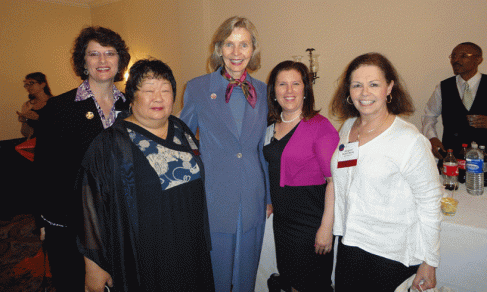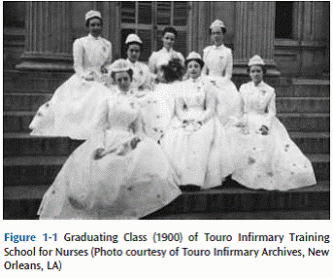 In February, we won a small victory in the fight to ban fracking in New York: Governor Cuomo’s administration announced that it would take more time to decide whether to open New York to fracking, saying it needed more time to study the health impacts of fracking.1
In February, we won a small victory in the fight to ban fracking in New York: Governor Cuomo’s administration announced that it would take more time to decide whether to open New York to fracking, saying it needed more time to study the health impacts of fracking.1
Governor Cuomo’s administration announced that the state’s health impact study will be completed “in the next few weeks,” paving the way for Governor Cuomo to make a decision on fracking in New York.2
That means now is a vitally important time to continue to make our voices heard and to urge the governor to ban fracking. We need to inundate Governor Cuomo with calls to make it clear that New York needs a ban on fracking. Even one well, anywhere in the state, is unacceptable.
If it weren’t for the pressure we’ve put on Governor Cuomo to ban fracking, New York would already be experiencing the same toxic contamination as Pennsylvania, Texas, Colorado, and other states where fracking is happening. But our unrelenting pressure has made it politically impossible for the governor to proceed with fracking, and forced him to repeatedly delay his decision.
Governor Cuomo can go down in history as the governor who, in the wake of the worst fossil-fueled superstorm New York has ever seen, stood up to the fossil fuel industry by banning fracking. It’s up to us to him to make the right choice.
Call Governor Cuomo and tell him to ban fracking. Click below for a sample script and the number to call:
http://act.credoaction.com/r/?r=13217233&id=56322-3263997-hVGHNKx&t=4
1. Jon Campbell, “Health review needs ‘additional time’; Fracking deadline expected to be missed (UPDATED),” Politics on the Hudson, February 12, 2013
2. Michael Gormley, “NY will make health call on gas drilling in weeks,” Associated Press, March 11, 2013





